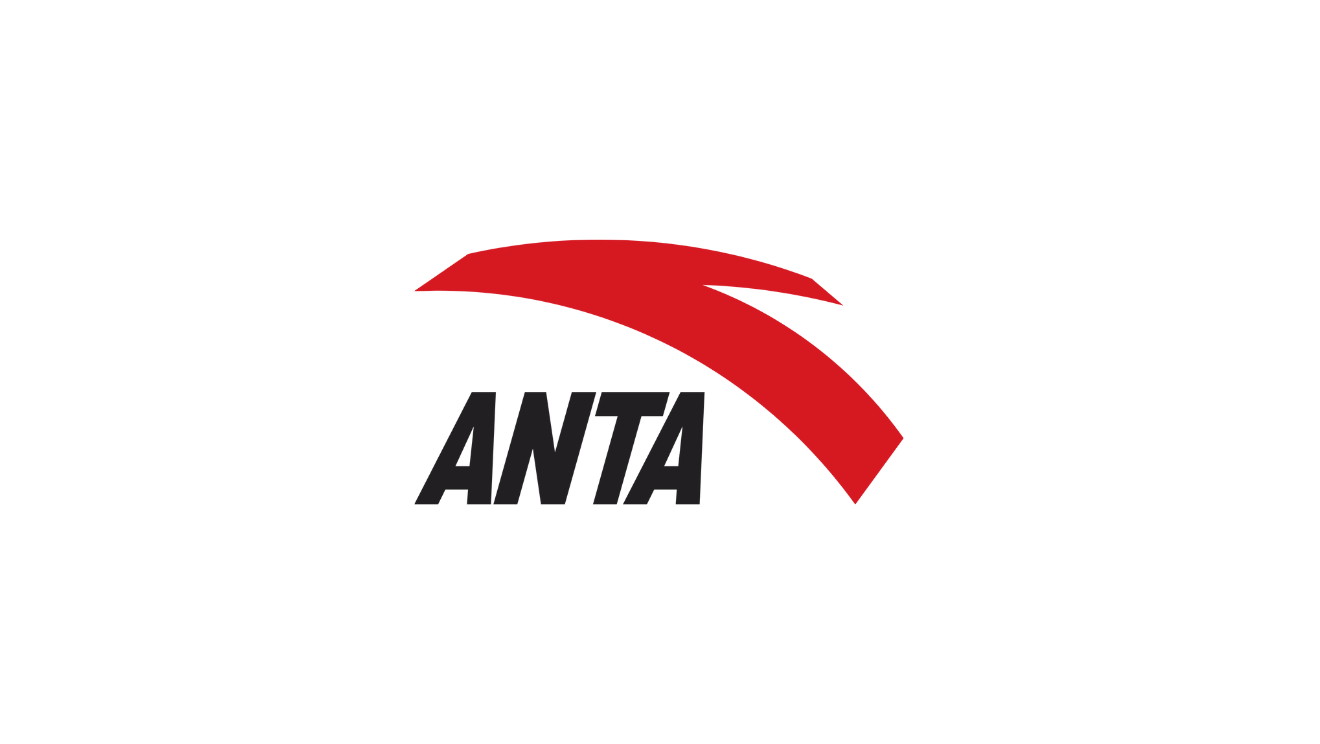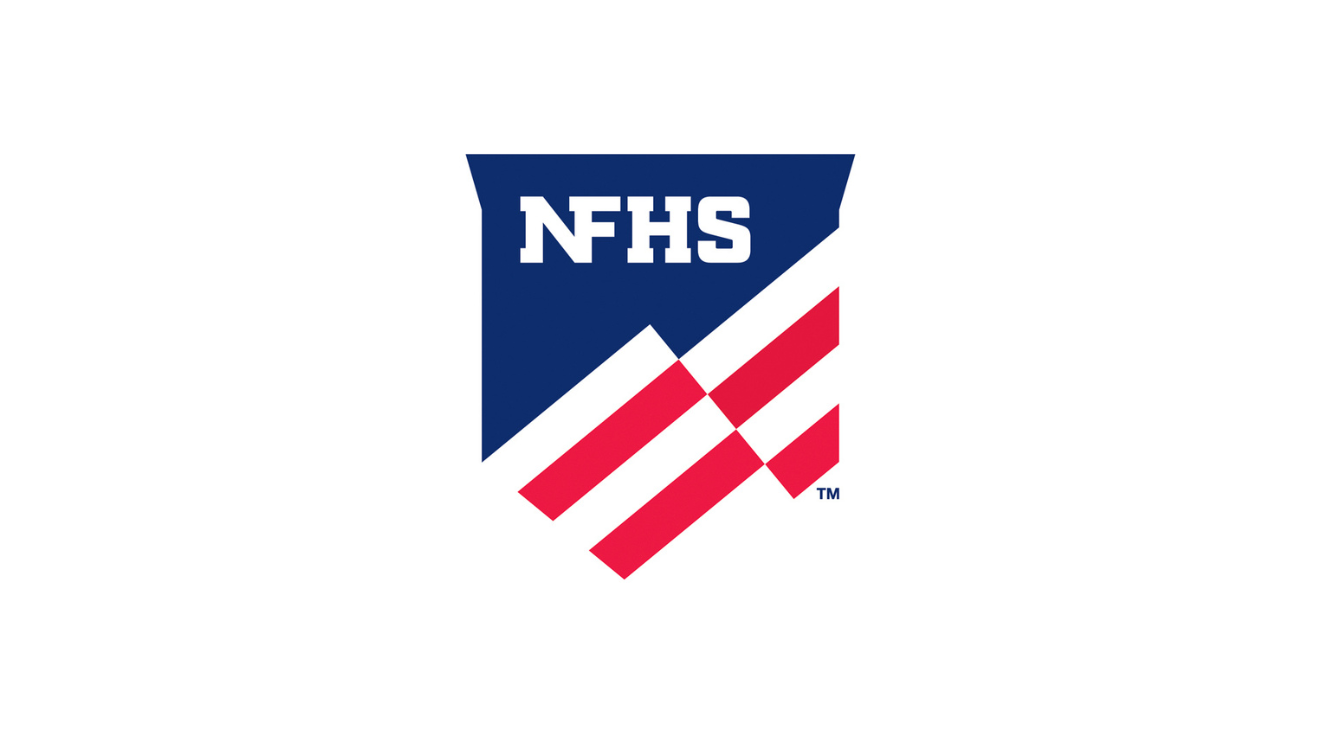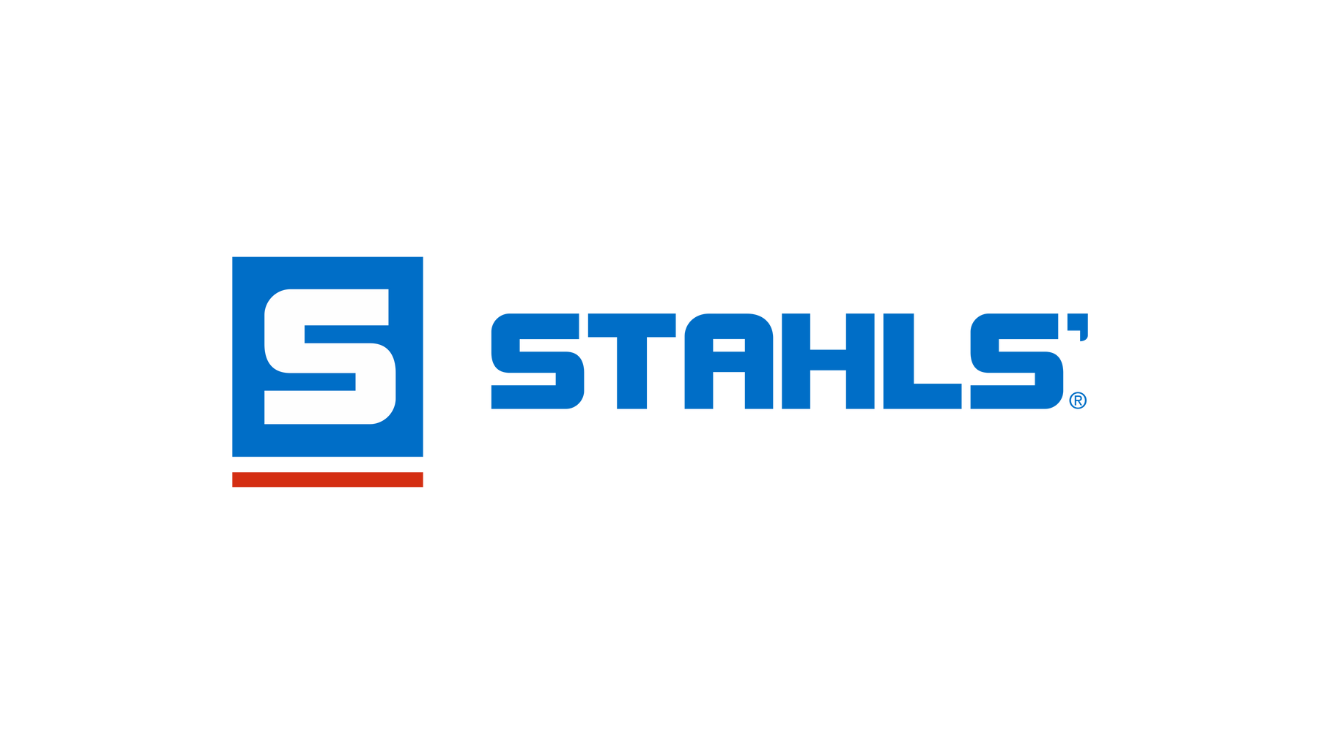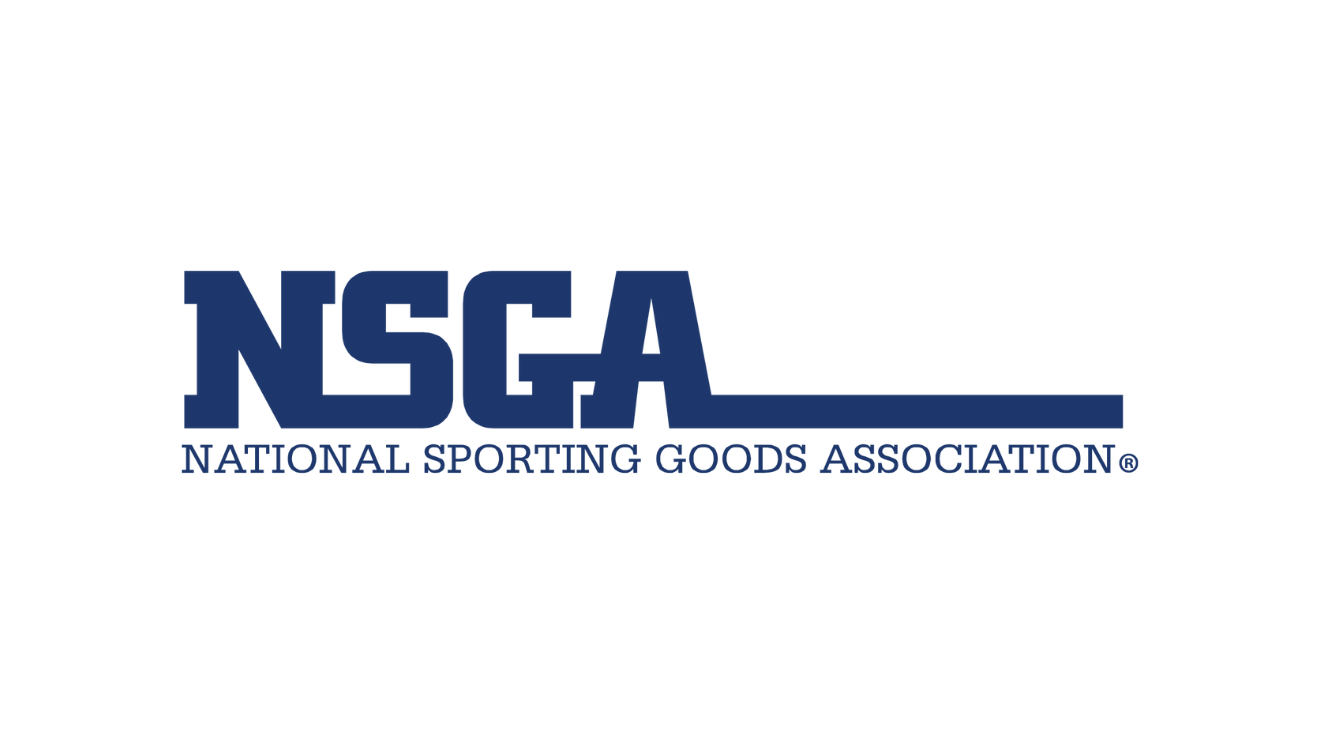By Julie Pitts
NSGA Director of Public Affairs
DOWNERS GROVE, ILLINOIS (July 14, 2025) – The One Big Beautiful Bill Act (OBBBA) became law on July 4, 2025 after narrowly passing through Congress. The OBBBA includes reductions in taxes, adjustments to federal spending and changes to several core programs, including Medicaid and Medicare.
The OBBBA is designed to provide substantial support to small businesses through tax deductions, credits and features designed to reduce their financial burdens. As the uncertainty about tax benefits has been addressed, small businesses can have a clearer financial outlook, encouraging long-term planning and investment decisions. Business owners are less likely to face unexpected tax increases, which provides greater confidence in scaling their operations and workforce.
The following is an in-depth summary of the OBBBA and how it may affect NSGA small business members.
In terms of taxes and fiscal policy, the OBBBA expands and makes permanent several provisions from the 2017 Tax Cuts and Jobs Act (TCJA), including lower tax rates for individuals and reduced corporate tax rates. By permanently extending the lower rates, Congress is preventing a tax increase on approximately 33 million pass-through businesses.
Starting with 2025 tax returns, the State and Local Tax (SALT) Deduction raises the cap from $10,000 to $40,000 for single and married filing jointly couples earning up to $500,000, allowing for higher deductions for residents of high-tax states. The $40,000 SALT cap phases out when modified adjusted gross income exceeds $500,000 and fully phases out at $600,000, reverting to the $10,000 deduction limit. The deduction will return to $10,000 for all filers in 2030 unless further legislative measures are taken. Nothing will change for pass-through businesses in the 36 states that have work-around laws.
The federal gift and estate tax exemption amount is permanently increased to $15 million for individuals and $30 million for married couples beginning in 2026, with annual inflation adjustments going forward.
The Section 199A QBI deduction for pass-through entities such as sole proprietorships, LLCs and “S corporations” is continued. This deduction significantly reduces taxable income for business owners, providing substantial tax relief that encourages reinvestment in their operations.
The Section 179 annual expense limit, allowing businesses to deduct the full purchase price of qualifying equipment and software purchased or financed during the tax year, is increased to $2.5 million, reduced by expenditures for IRS Code §179 property that exceed $4 million. Bonus depreciation at a 100% deduction rate is now permanently available for property placed in service after January 19, 2025, allowing businesses to deduct the full cost of qualifying assets in the year they are purchased.
The OBBBA also has significant enhancements to the Qualified Small Business Stock (QSBS) provisions under Section 1202, providing substantial tax benefits for small business investors. These benefits include a tiered gain exclusion structure for QSBS acquired after July 4, 2025, and the cap on excludable gain has been raised from $10 million to $15 million per issuer allowing investors to exclude greater amounts from their taxable income when selling QSBS.
Also, the legislation provides permanent credits for paid family and medical leave and boosts the Employer-Provided Child Care Credit up to $600,000 for small businesses. Furthermore, the new law allows small businesses to pool resources to provide childcare and allows businesses to utilize the services of a third-party intermediary, while retaining eligibility for the tax credit.
Individuals and business owners should consult with a professional tax advisor for the OBBBA’s impact on their individual situations.
Topics
One Big Beautiful Bill Advocacy Small Business NSGA




 Back
to News
Back
to News
